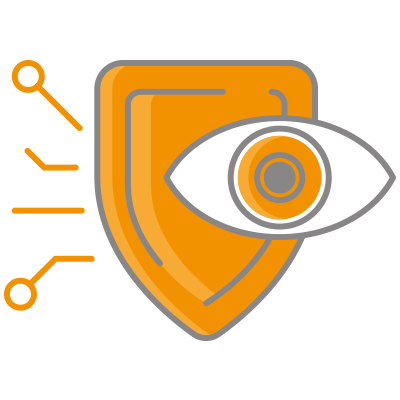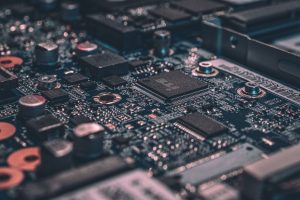Manufacturing
There are many reasons to innovate and digitize in manufacturing. Standard quality, on-time delivery, optimisation of processes - often competitiveness, especially in a global market - depends on it. The concept is also called industry 4.0. Another major benefit is that these plants often face labour shortages. The labour shortages can be so severe in some regions that they mean a drop in production. However, as more manufacturers digitise more processes, the greater their exposure to cyber-attacks will become.
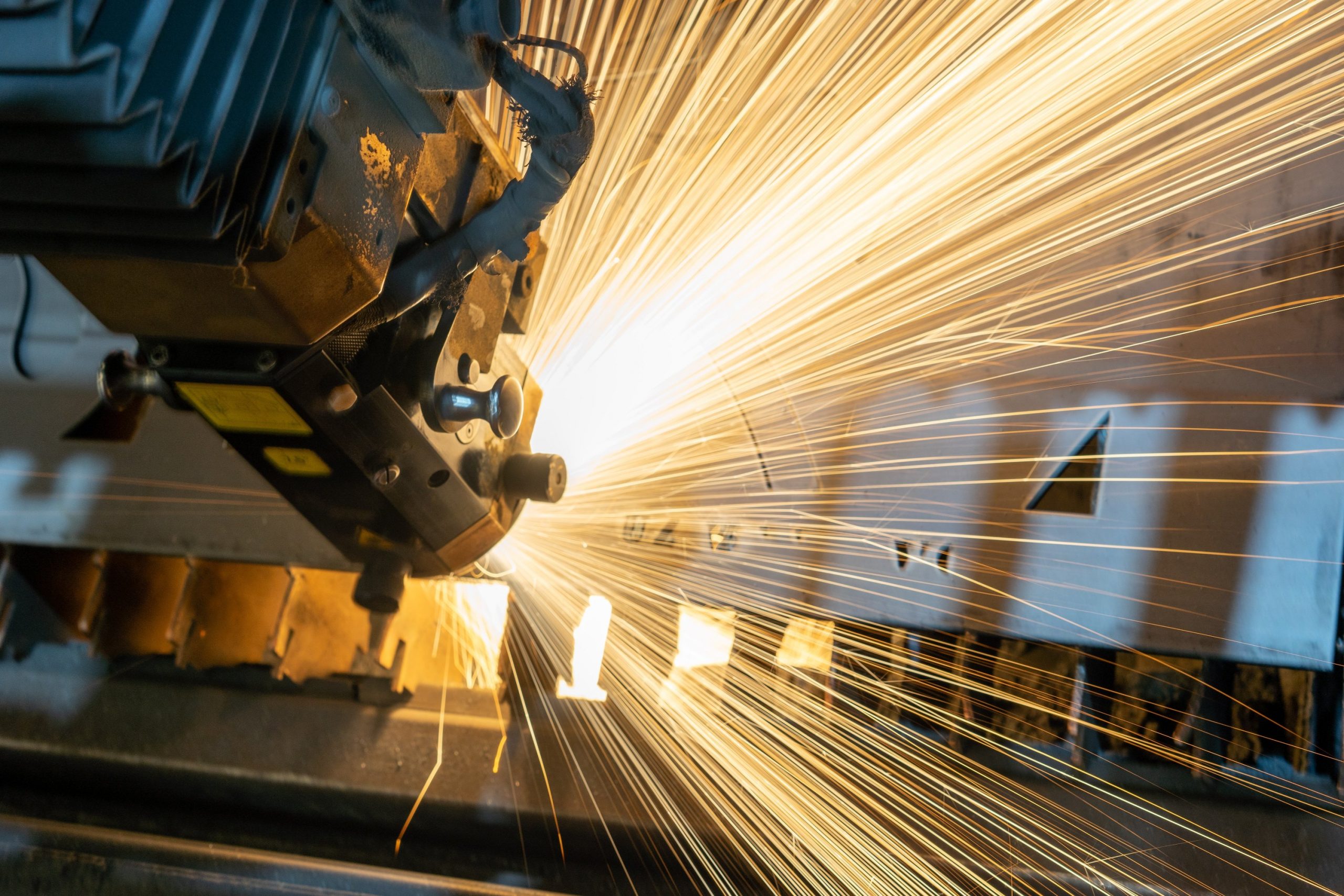
Difficulties raised by digitalisation
Challenges
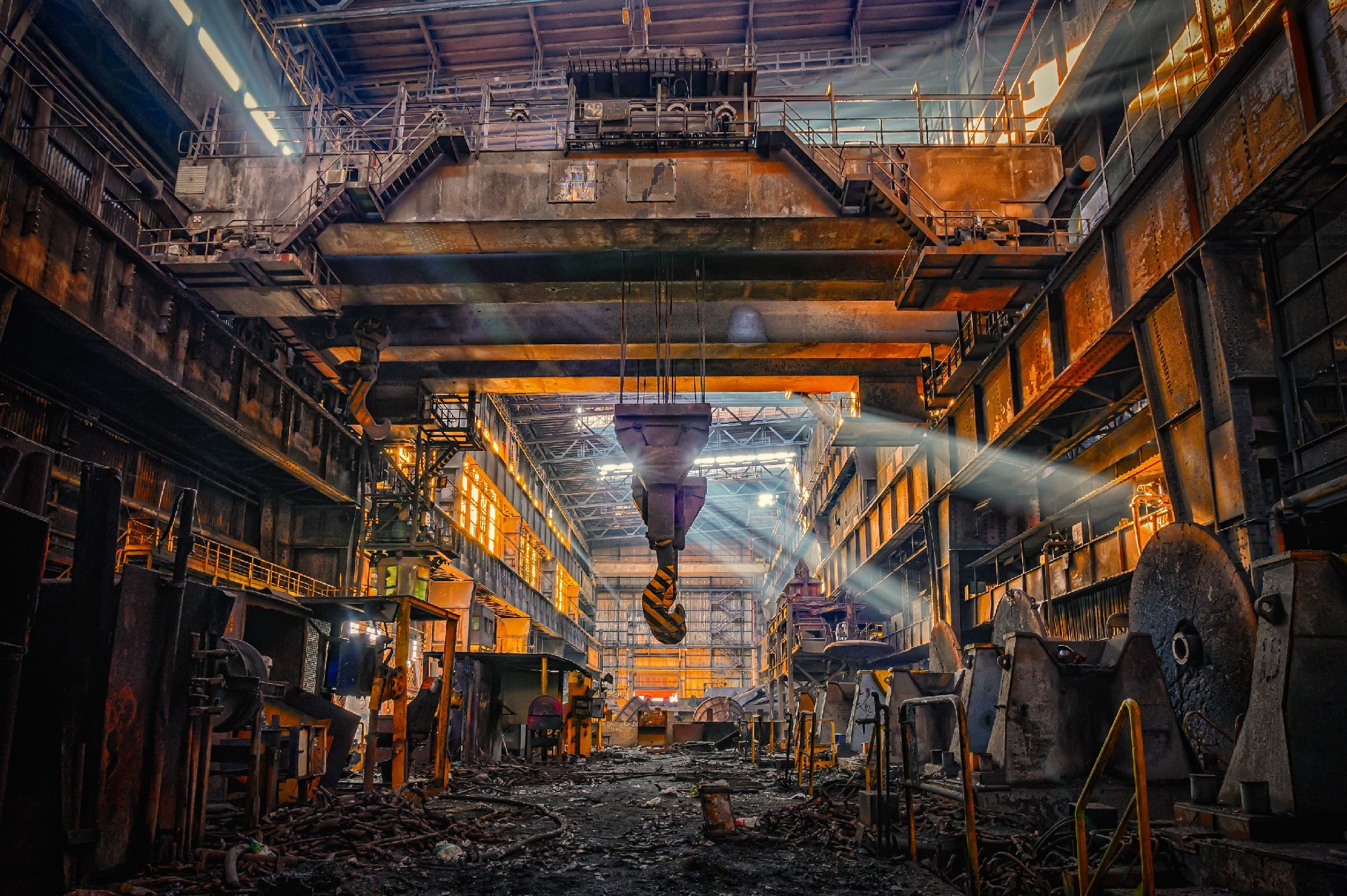
Industry 4.0
In a factory there are many different types of equipment, the operation of which can have immediate physical consequences. In order to optimise processes, automation is often used without human decision or control, based only on sensory data. The production system is linked to the office network, so that supervisors and managers can see and even intervene in processes remotely. In such a centralised environment, a malware attack can put the entire factory on its back. It may be argued that factories are not at risk for the time being, but in fact once oil companies in the cyber-physical space are sufficiently protected, attackers will find it worthwhile to turn to easier targets, and we have reached that point.
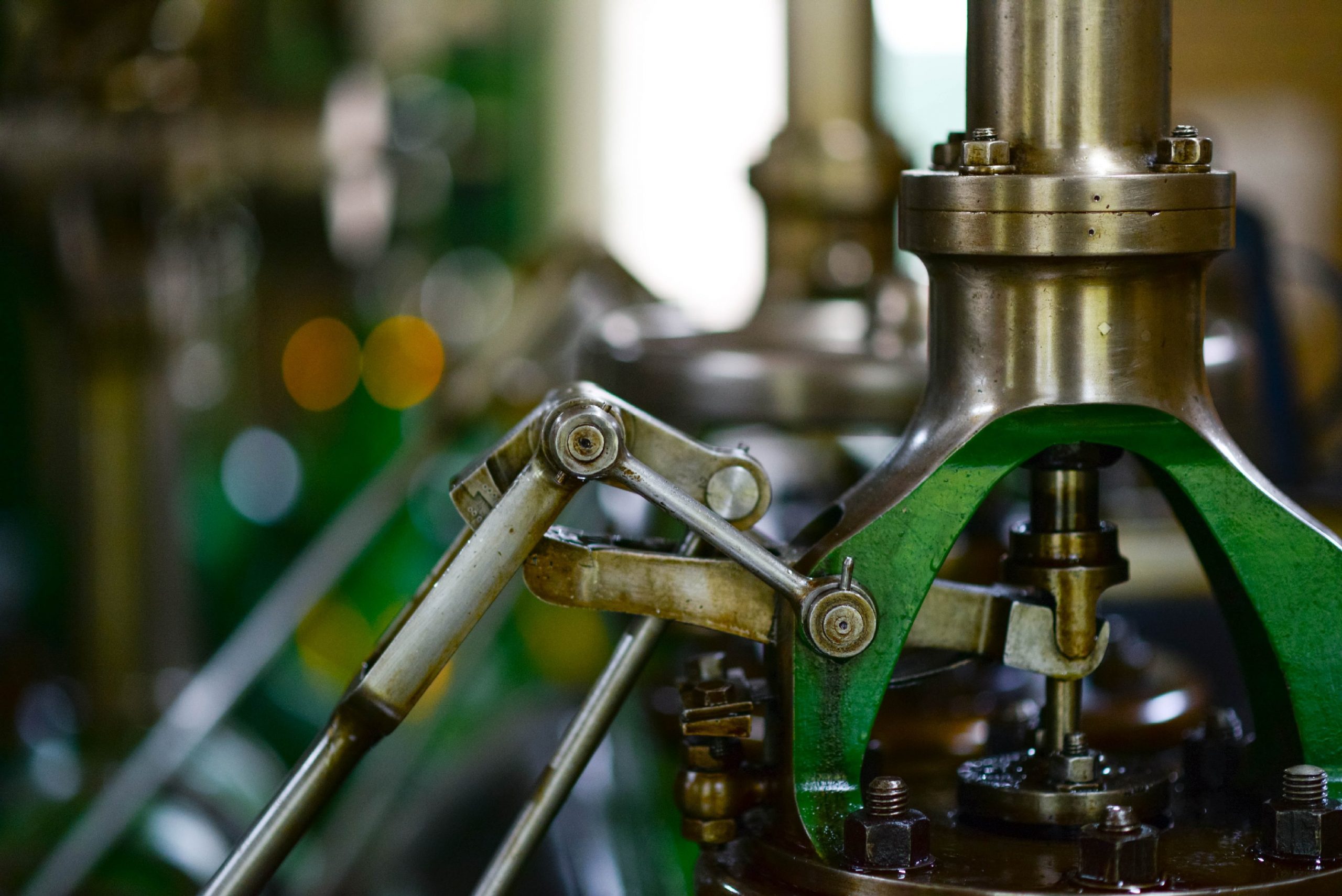
Exposure to vendors
Another major challenge for factories is that they receive their equipment from different suppliers, who often do not provide any insight into the operation and vulnerabilities of the system. These vendors can install and operate systems based on their own convenience, with virtually no control of the manufacturer over what happens. E.g.: a system update does not generate logs in the manufacturer's system, it is impossible for them to verify if everythin is alright. For a manufacturer, every vendor is a potential vulnerability.
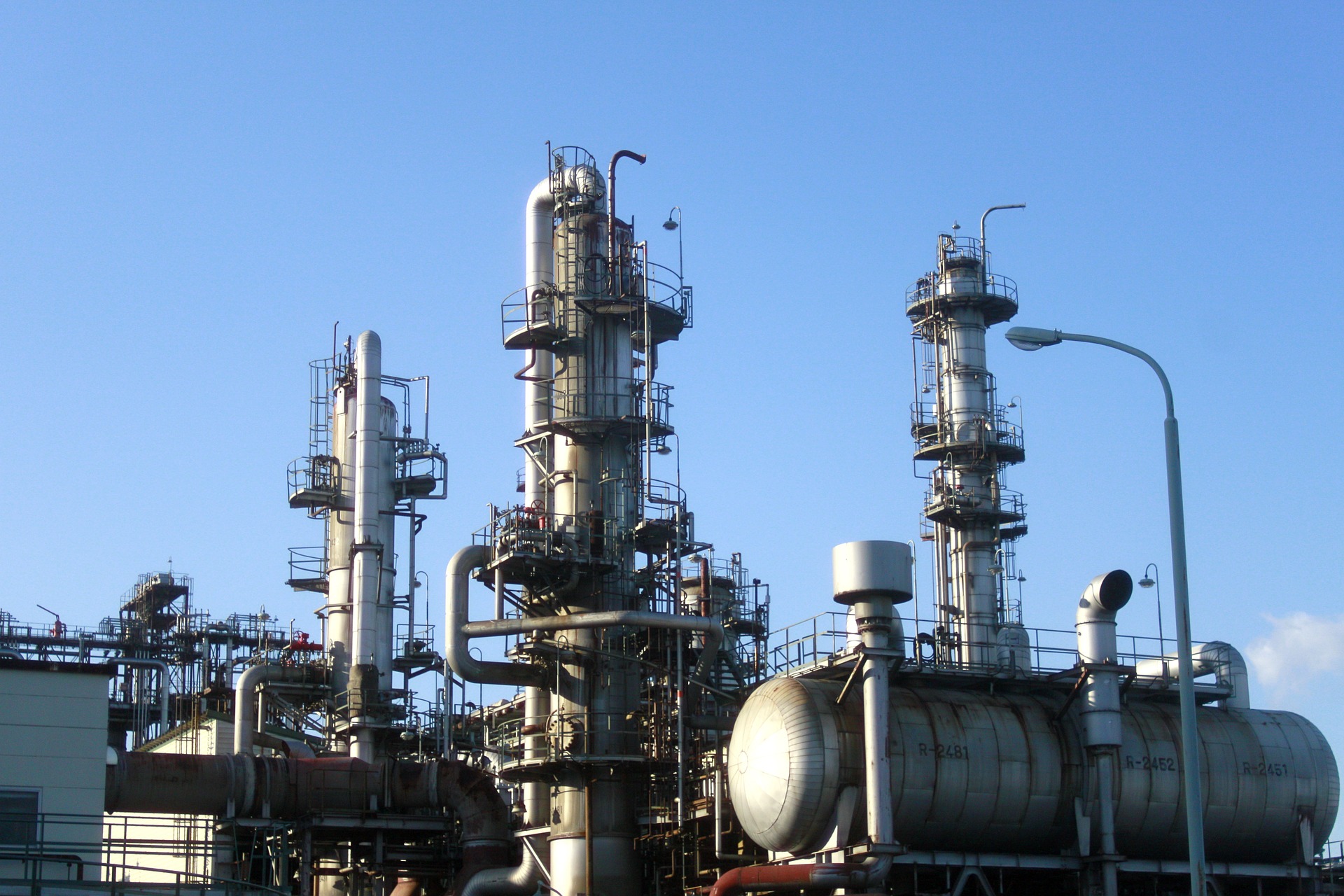
When something goes wrong
No matter how regulated an industry is, how cautious and rigorous the members of this industry are, regarding cybersecurity, something always can happen. Even the safest system can be compromised with enough time and effort, and when this happens, the best professional help is needed.



